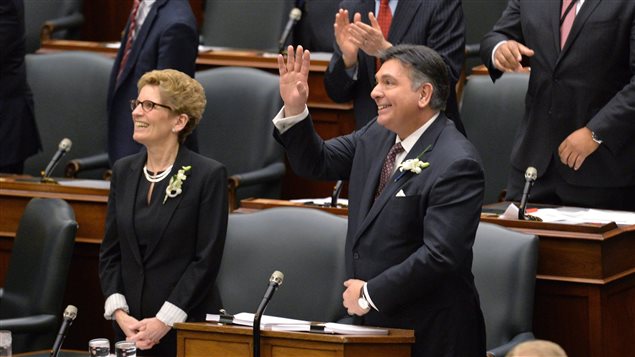It’s an old idea, and it goes by various names; guaranteed minimum income, basic income, guaranteed annual income, universal income, even, negative income tax.
The idea is that all citizens would be given a minimum basic amount of money to live on whether they have a job or not, and would in theory replace various social assistance programmes.
Namibia, India, Finland, Holland, Switzerland
The Independent news reports that such programmes in Namibia and India show that it reduced crime, increased school attendance and helped people to start small businesses.
Finland will start a basic income plan this year. Utrecht Holland began a pilot in January, and Switzerland will hold a referendum in June on to institute a guaranteed income programme.
A trial of the programme took place in Canada in the 1970’s, specifically the town of Dauphin Manitoba, The trial programme, which cost $17 million at the time, was to see if a guaranteed income would improve health and community life.
The programme lasted from 1974 to 1978, and the results were promising with hospitalizations, accidents, injuries and mental health issues all declined. The trial seemed to show that people lead healthier lives when they aren’t concerned about being destitute.
Howeve, politically there were other concerns that with a guaranteed income, people would just stop working and the project and data were shelved.
Now Canada is toying with the idea on the federal level, as is Manitoba once again, and Ontario, which is Canada’s most populous province.
The federal Liberal party while in opposition in 2014 passed a resolution to create a basic annual income, and now that they are in power, a federal Member of Parliament from Winnipeg Manitoba is pushing them to do studies on the idea and Liberal-appointed Senator Art Eggleton recently put forward a motion to sponsor a pilot project.
And in Manitoba , the provincial Liberal party is proposing a trial programme if they win the provincial election coming in April.
Ontario proceeding
In Ontario meanwhile, the government in its 2016 budget said it would proceed with a pilot project on a basic guaranteed income,

A paragraph in the budget reads: “One area of research that will inform the path to comprehensive reform will be the evaluation of a Basic Income pilot. The pilot project will test a growing view at home and abroad that a basic income could build on the success of minimum wage policies and increases in child benefits by providing more consistent and predictable support in the context of today’s dynamic labour market. The pilot would also test whether a basic income would provide a more efficient way of delivering income support, strengthen the attachment to the labour force, and achieve savings in other areas, such as health care and housing supports. The government will work with communities, researchers and other stakeholders in 2016 to determine how best to design and implement a Basic Income pilot.
No details however have been forthcoming on when or how such a programme would be implemented.
Indeed, there are many versions of how such a plan would be developed and delivered, and while there is generally agreement that it could be a worthy experiment, as details emerge on any or all of these plans, the discussions could become more heated.
additional information-sources







For reasons beyond our control, and for an undetermined period of time, our comment section is now closed. However, our social networks remain open to your contributions.